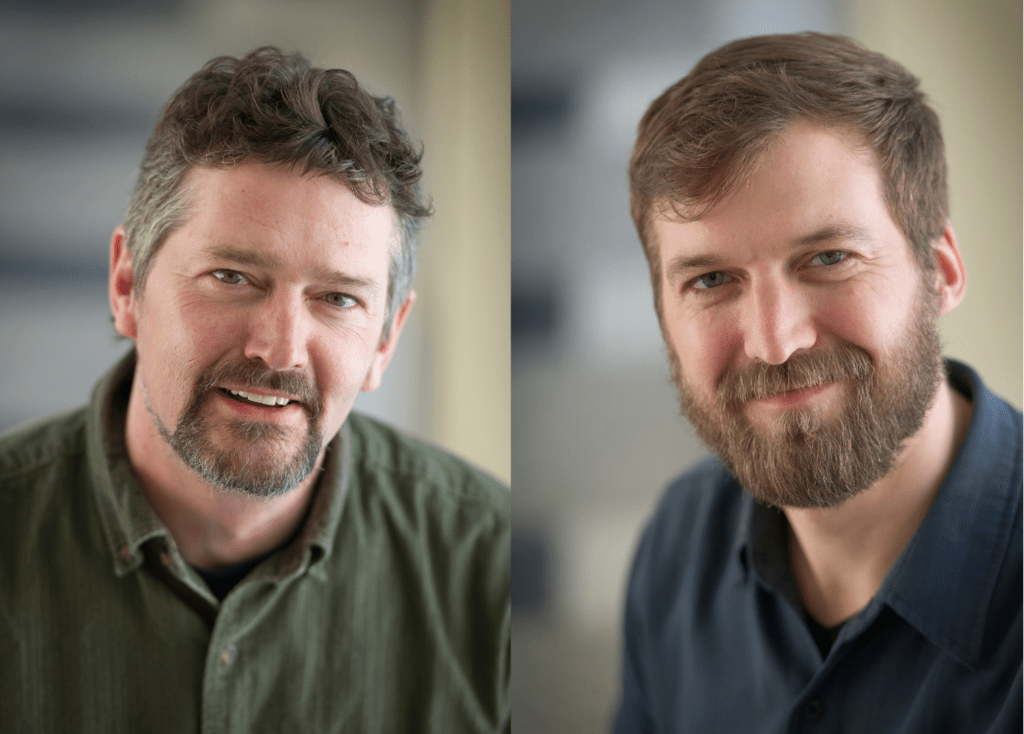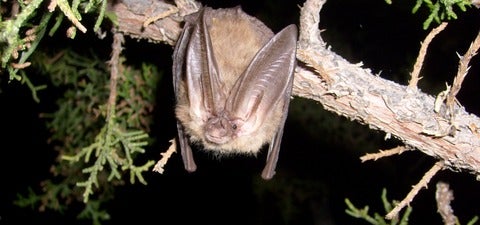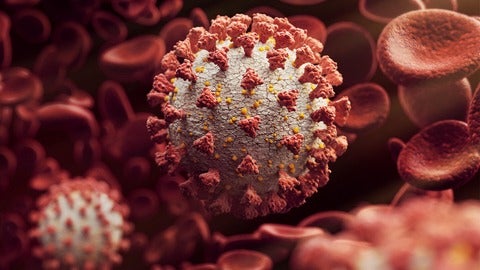Two Waterloo Physicists win awards from the Canadian Association of Physicists
Congratulations to Professor Richard Epp for being awarded the 2021 CAP Medal for Excellence in Teaching Undergraduate Physics, and to Professor Roger Melko for being awarded the 2021 CAP/DCMMP Brockhouse Medal.



 The University of Waterloo’s School of Optometry & Vision Science (UWOVS) is announcing that The Right Honourable David Johnston, the 28th Governor General of Canada and former UWaterloo president, will serve as Honorary Chair for the School’s $35-million campaign.
The University of Waterloo’s School of Optometry & Vision Science (UWOVS) is announcing that The Right Honourable David Johnston, the 28th Governor General of Canada and former UWaterloo president, will serve as Honorary Chair for the School’s $35-million campaign.



